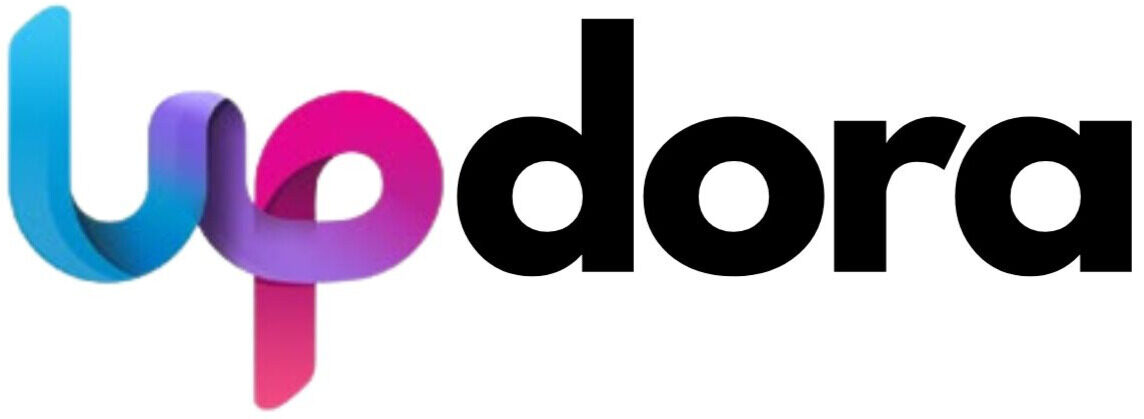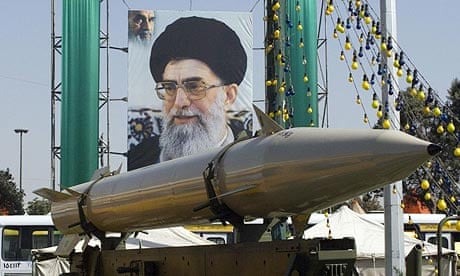A Global Flashpoint Returns

In 2025, the Iran nuclear crisis is more of a harbinger than a warning sign only occurs. The globe is in front of a new possible process in the Middle-East. With a decrease in diplomatic effords and the increasing of threat the situation is reminiscent of the beginning of the new century.At the heart of the crisis? Uranium. Power. Pride. And the very real possibility of conflict.
Iran’s Message: “We Will Not Back Down”
Iran’s Supreme Leader, Ayatollah Ali Khamenei, recently made it crystal clear: Iran will not give up its right to enrich uranium — not even a little.
In his own words:
“Tehran will not wait for American permission… Try not to talk nonsense.”
This wasn’t just political posturing. It was a statement of sovereignty. For Iran, its nuclear program is about more than energy or science. It’s about standing tall on the world stage — especially after years of sanctions and pressure.
Iran insists its enrichment efforts are legal under the Nuclear Non-Proliferation Treaty (NPT). But the pace of progress and lack of transparency have made many uneasy.
The U.S. Draws a Line
On the other side, the United States — under President Donald Trump — has taken a firm stance. According to U.S. Special Envoy Steve Witkoff:
“We cannot allow even 1% of an enrichment capability.”
That’s a bold red line. U.S. officials have hinted at compromises, but Iran doesn’t seem impressed. In fact, Deputy Foreign Minister Majid Takht Ravanchi responded that talks “will not get anywhere” if America insists on halting enrichment completely.
So far, four rounds of indirect negotiations — most recently in Oman — have produced no agreement. And the next round hasn’t even been confirmed yet.
Is Israel Preparing for a Strike?
Behind the scenes, tensions are rising in another key player: Israel. Reports from intelligence circles suggest Israel may be preparing for a pre-emptive military strike on Iran’s nuclear sites.
If that happens, the consequences could be explosive — literally and politically.
A strike would almost certainly trigger retaliation, destabilize the region, and impact global energy markets. Already, oil prices are climbing, with investors bracing for a possible Middle East shockwave.
Iran’s Defense Mode: Getting Ready for the Worst
In Tehran, the response has been swift. High-level defense meetings are being held. Military units are reportedly boosting security around nuclear facilities. Iran is preparing for sabotage, cyberattacks, and even airstrikes.
The message from Iranian leadership is one of defiance — but also caution. They’re not looking for war, but they’re preparing for it.
What’s at Stake: More Than Just Politics
This is bigger than just Iran vs. the U.S.
- A misstep could ignite a regional war.
- Global oil prices could spike even higher.
- Diplomatic ties between major world powers could fracture.
- And worst of all, the fragile trust in nuclear agreements could be permanently damaged.
This crisis is a test of international diplomacy — and how far world leaders are willing to go to avoid disaster.
Is There Still a Way Out?
Despite the harsh words and high stakes, not all hope is lost. Steve Witkoff, while firm, said something worth holding onto:
“We hope that it will lead to some real positivity.”
It’s a small light in a very dark tunnel. But in situations like these, even a flicker of diplomacy can mean the difference between war and peace.
Final Thoughts: Why We Should All Care
Whether you’re in Tehran, Washington, or anywhere else in the world — this crisis affects you.
It affects fuel prices. It impacts global peace. And it reminds us how quickly things can spiral when communication breaks down.
So as we watch world leaders take their next steps, let’s remember:
👉 This isn’t just about uranium. It’s about the future we’re all living in.












